Two years after his 42-season career with the Juilliard Quartet came to an end, the American cellist reflects on lessons learned
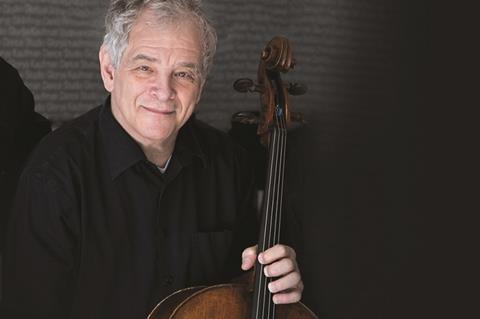
The following is an extract from a longer ’Life Lessons’ piece in The Strad’s October 2017 issue – to read the full article download the issue on desktop computer or via the The Strad App, or buy the print edition
Practising scales, arpeggios, etudes and control must be to the benefit of your musical instinct and voice. Practise them, sure, but never forget what they’re really for, and that you need to spend time creating and listening to the colours, textures and emotions that people want to hear.
When I was 22 I got my first job as a professor, at the University of Iowa, and as part of the Iowa Quartet. At that time I practised very slowly and methodically, something I told my students to do, too. A violinist in the quartet had the room above mine in the music faculty and had obviously been listening to me practise without my knowledge. ’Don’t you ever practise what you’re actually going to do, Joel?’ he asked me once. ’Of course!’ I answered defensively, but I knew the answer was that I didn’t. I had been practising my control like mad so that I’d be able to stay on my feet, as it were, whatever happened in performance. But what I’ve learnt over the years is that a proportion of your daily practice should be dedicated to letting rip and allowing your instincts to pour out. It’s no good telling someone to play with a more ecstatic or more emotional tone if they have no idea what doing that feels like.
To read the full article download The Strad’s October 2017 issue on desktop computer or via the The Strad App, or buy the print edition

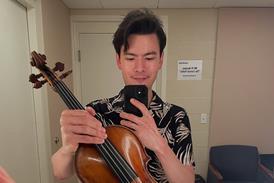



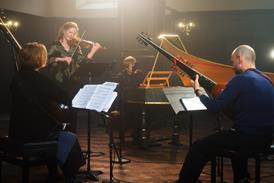
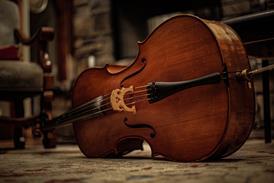
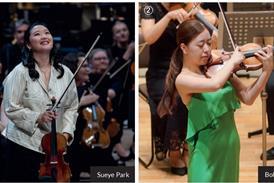


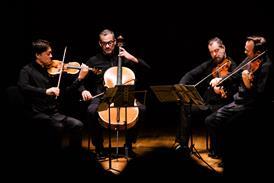

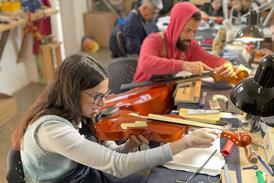
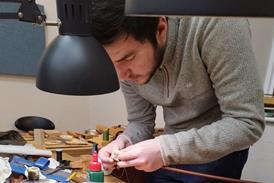
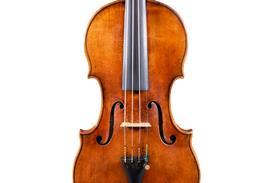
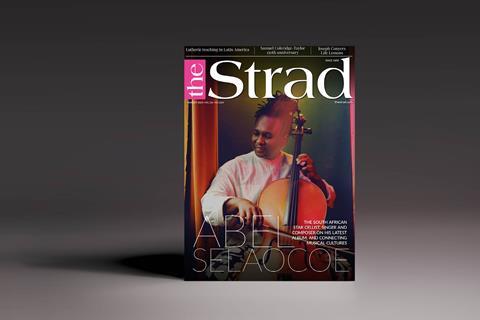




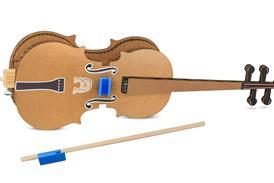
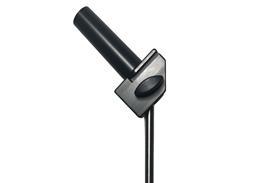













No comments yet